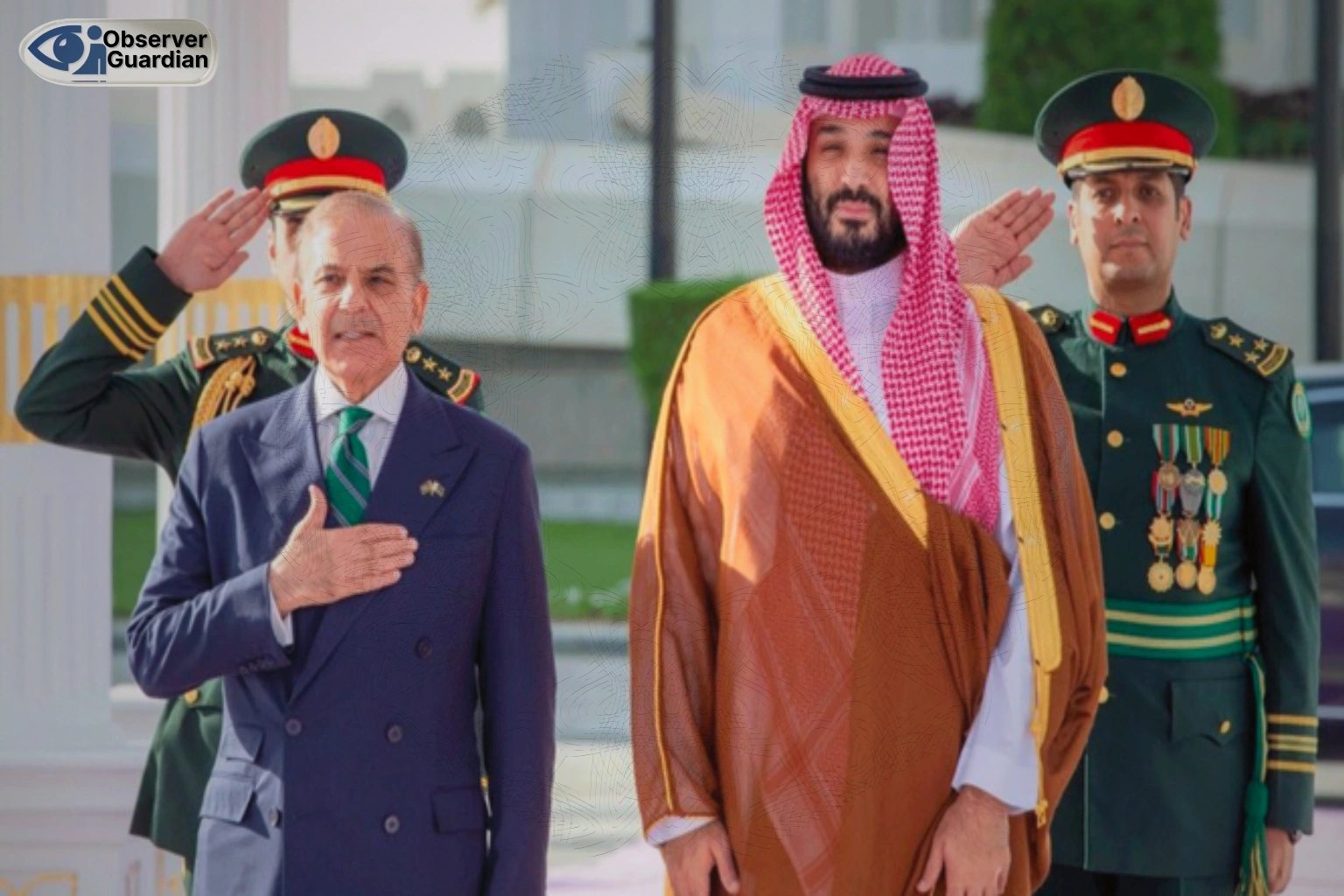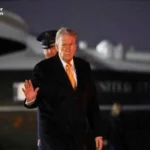A watershed wrapped in ambiguity
Islamabad and Riyadh insist their 18 September 2025 mutual-defense pact is purely defensive, but regional specialists call it the most disruptive strategic realignment since the 1979 Egypt-Israel peace treaty.
Asfandyar Mir of the Stimson Center labels the accord a “watershed” because it is Pakistan’s first binding security treaty since the Cold War-era CENTO collapsed; even Islamabad’s all-weather friendship with China stops short of a formal attack on one is an attack on both clauses. Muhammad Faisal (University of Technology Sydney) argues the text offers a template Pakistan can now shop to Abu Dhabi and Doha, allowing the Gulf to contract out deterrence without waiting for a fickle U S Congress.
Yet the deliberate vagueness of the language is what gives the pact its explosive charge. A senior Saudi official told Reuters the kingdom will “utilize all defensive and military means deemed necessary” , a formulation carefully wide enough to include Pakistan’s nuclear arsenal without mentioning it. Zalmay Khalilzad, former U.S. envoy to the UN, warns that for the first time Israel must plan for “a Pakistani nuclear response” to any future strike on Gulf cities, an escalation ladder previously limited to Iran.
The timing is days after Israel’s bombing of Doha means Washington’s credibility as Gulf guarantor is “on life support” , says Khalilzad; Arab states now see “U S silence as complicity” and are hedging with an Islamic nuclear partner .
India’s policy brass is equally unnerved. The foreign ministry immediately pledged to “study implications for national security” ; private briefings worry that Saudi Petro-money could underwrite Pakistani missile or drone upgrades, emboldening Rawalpindi in Kashmir crises.
Not everyone believes the umbrella is automatic. Aisha Khan, executive director of the Islamabad based Centre for Strategic Perspectives, notes the treaty contains no joint command structure, no pre-delegated nuclear release codes, and no logistics annex in her words, “more political theatre than NATO Article 5 . Still, theatre can deter as Israel is already accelerating Arrow-3 interceptors and reaching out to New Delhi for mid-air refuellers that could strike targets deeper inside Pakistan if needed.
China, the quiet winner, will “publicly bless, privately restrain” the pact, says Yun Sun of the Stimson Center, because Beijing craves Gulf oil stability but fears a nuclearized free for all that disrupts Belt-and-Road shipping.
Bottom line is analysts agree the agreement formalizes what was long whispered Saudi Arabia has a nuclear ally on speed dial but leaves the world guessing where the red line sits. That uncertainty is precisely the deterrent Riyadh sought, and precisely the risk everyone else must now manage.







